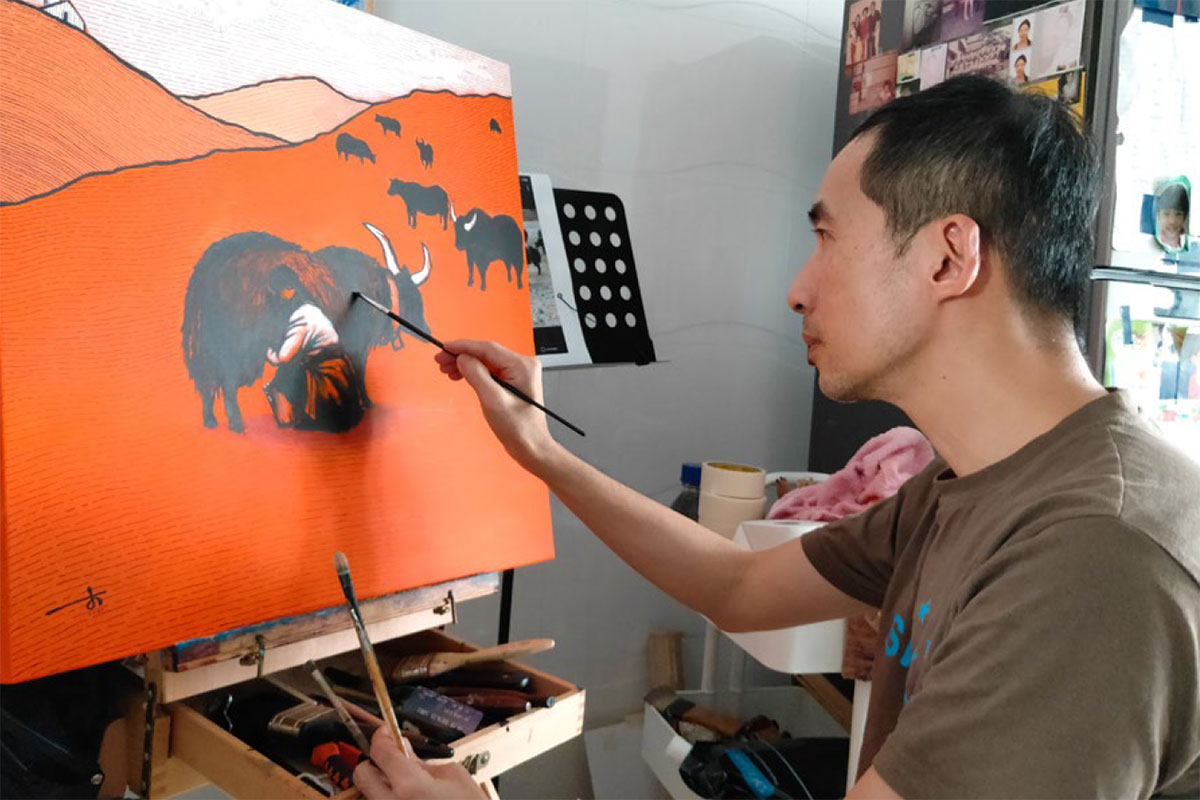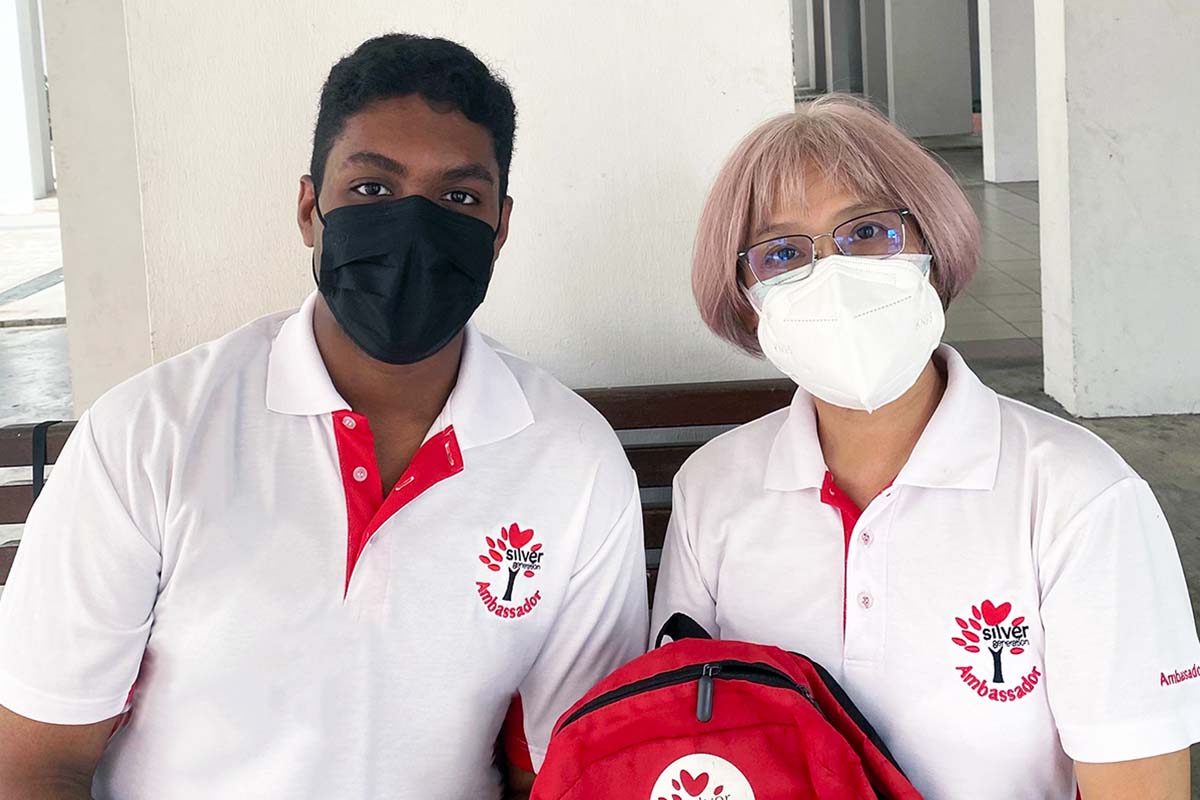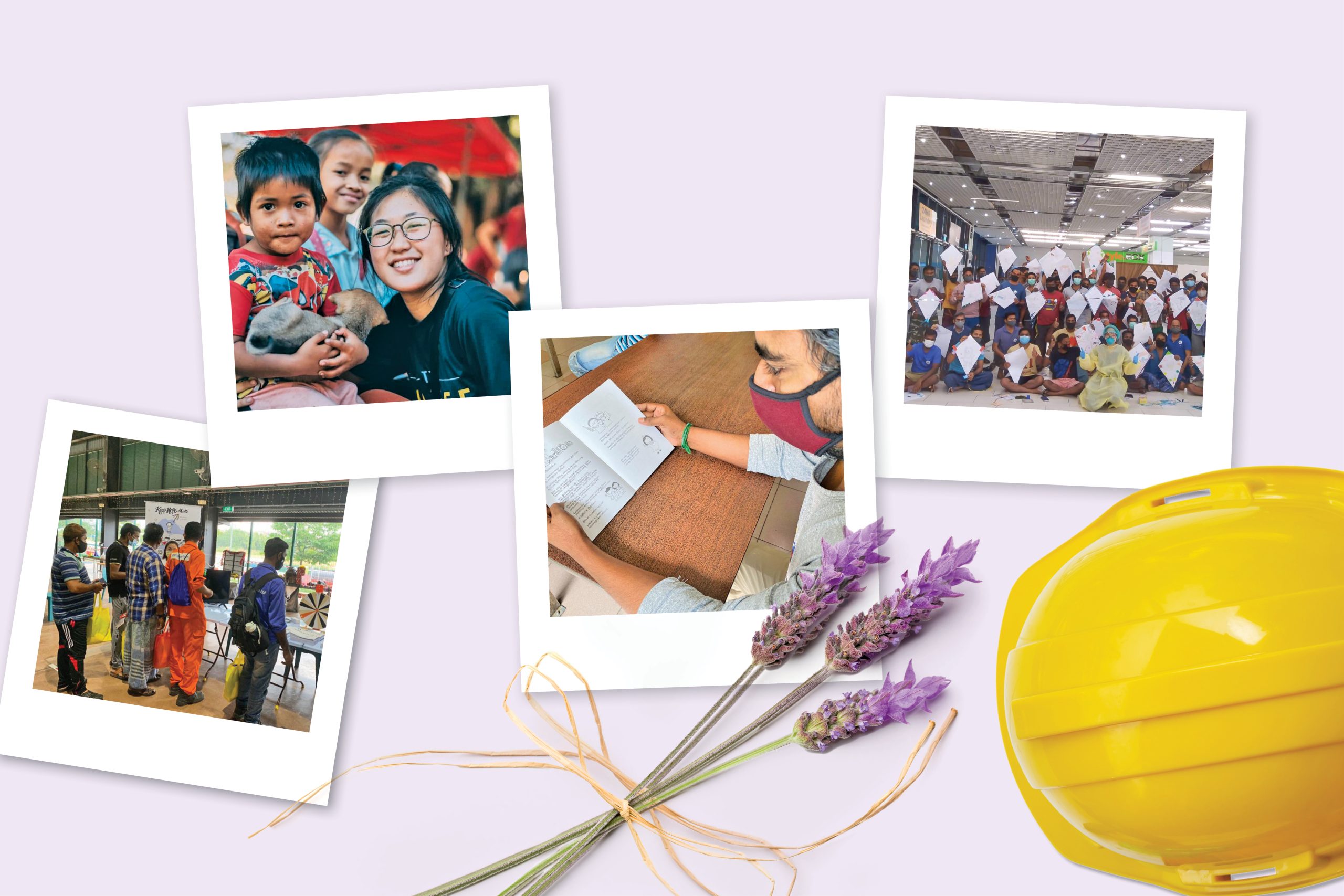
Issue 41 / February 2022
The Banyan Tree
Take 5 Breakfast:
Q&A with Our NUS Medicine Continuing Education and Training Faculty
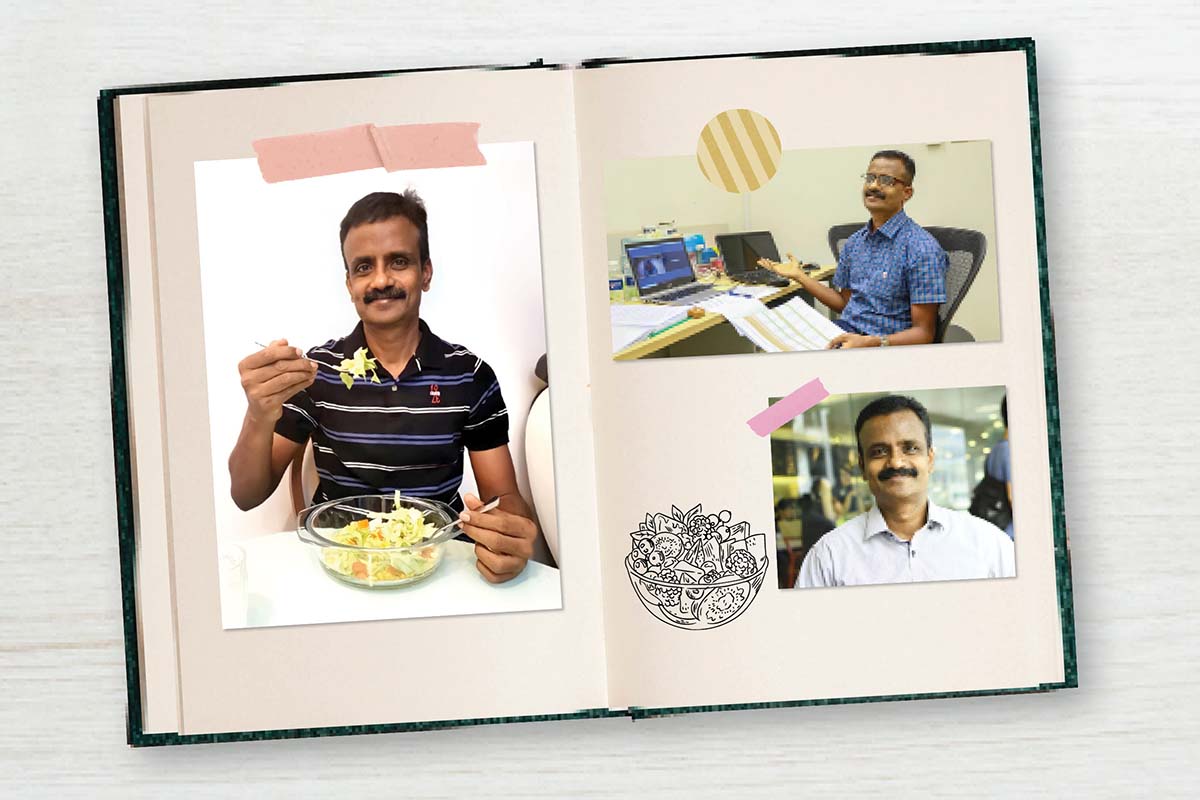
About:
Dr Zakir Hussain is a Senior Lecturer at NUS Medicine. He teaches medical subjects in the Alice Lee Centre for nursing studies and the Department of Anatomy. He is involved in training medical and nursing students at the Centre for Healthcare Simulation in NUS. He teaches at both undergraduate and postgraduate levels and has received NUH Excellence Teaching Award for his role in clinical education.
Q: What is your favourite breakfast?
A: My all-time favourite used to be freshly made, hot and crispy, onion prata with fish curry. Times have changed and so has my health condition. Nowadays, I am forced to accept vegetable salads with iceberg lettuce as the main ingredient. Although it’s a bit bland, I am getting along with it.
Q: What is your biggest motivation in delivering continuing education?
A: I was personally affected by the rapid changes in the medical field. During my surgical training in the 90’s, I got used to only open appendectomies, open cholecystectomies and open hernia repairs. Then laparoscopy totally revolutionised these procedures. I was totally lost as I didn’t have the opportunity to keep myself updated with these developments. Having seen the importance of continuing education myself, now in a teaching position, I want to keep myself updated and also train younger generations of medical professionals in the newer developments in this field.
Q: What are the main differences between undergraduate teaching and continuing education?
A: The most important difference is the teaching strategy that we use. These two groups are poles apart. Learners who come for continuing education programme courses are mature students. The level of motivation is high and they are very serious about learning. They already have sound basic knowledge. As they already have years of experience in their respective domains, their expectations are high. And most importantly, as they know their needs and areas of weakness, they are quick learners. Overall, they are usually highly motivated learners.
“Although continuously updating knowledge applies to all professionals, it has immense benefits in the medical profession. All patients we treat and manage need to be assured that we are up to date in our knowledge of medicine and that we are offering them the best and the latest quality care. Medical advances are very fast-paced and rapidly changing; lifelong learning is an important part of a healthcare professionals career.”
Undergraduates who come from Junior Colleges are novice students. They need constant motivation and reminders that the medical profession is a very serious business. We have to tailor the contents to their needs, otherwise they get lost in the ocean of medical knowledge available currently. Despite all these limitations, they lighten up the atmosphere, injecting much-needed fun in our long classes.
Q: Why do you think lifelong learning is important for healthcare professionals?
A: Although continuously updating knowledge applies to all professionals, it has immense benefits in the medical profession. All patients we treat and manage need to be assured that we are up to date in our knowledge of medicine and that we are offering them the best and the latest quality care. Medical advances are very fast-paced and rapidly changing; lifelong learning is an important part of a healthcare professionals career.
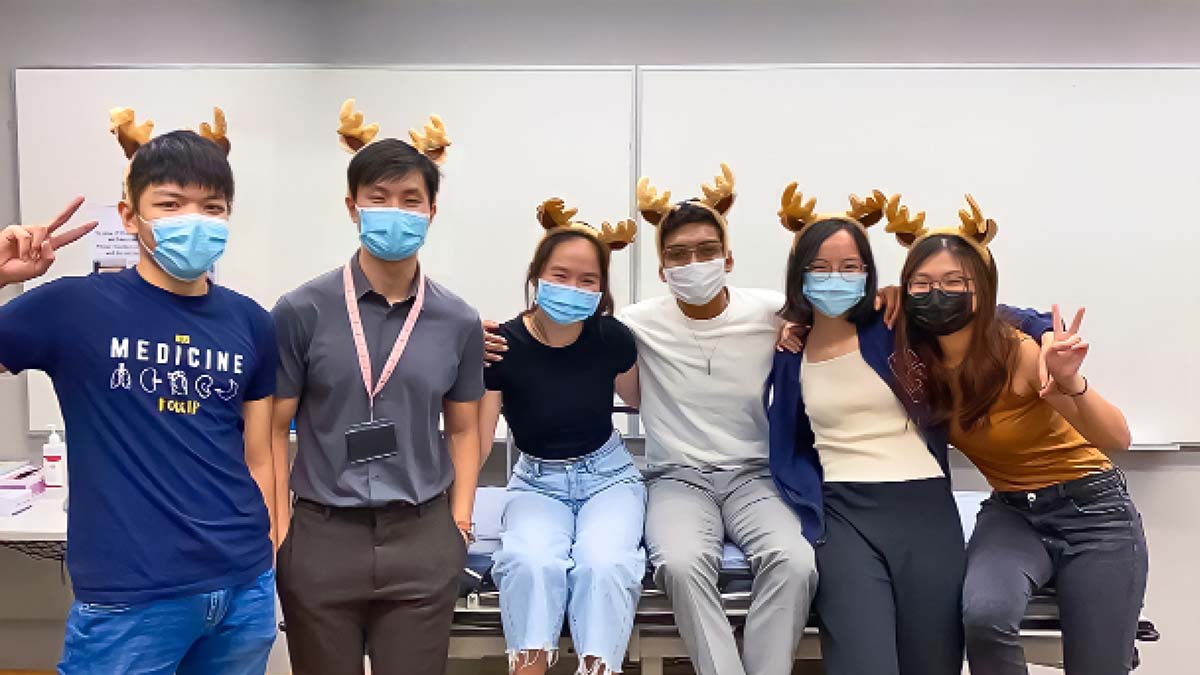
Dr Hussain’s medical students wore reindeer antlers to class to celebrate Christmas.
Q: What is your most memorable teaching moment?
A: Although teaching is serious business, sometimes students make this experience much lighter, full of fun and memorable.
In a very recent experience with an anatomy class for medical students, I was surprised to see all students wearing a reindeer antler headband when I entered the class. With their head movements exaggerated by the antlers, I felt as if I was teaching a herd of reindeer! When I explored the reason, they said Christmas is around the corner and they were ahead in their preparations.
Anyway, I started the class and every time I turned to the projector screen, there were loud sound of the reindeers’ munching chips and crackers, tearing open the packs. Their sound was unusually loud to distract my teaching. It gave me a feeling that I was teaching a pack of animals enjoying their hunt on the National Geographic channel. From a student’s point of view, I could understand the need for some relaxation during long tutorial classes. So, I made an exception and joined in their party with some snacks. Once in a while, such happy memories energise me and keep me going!

